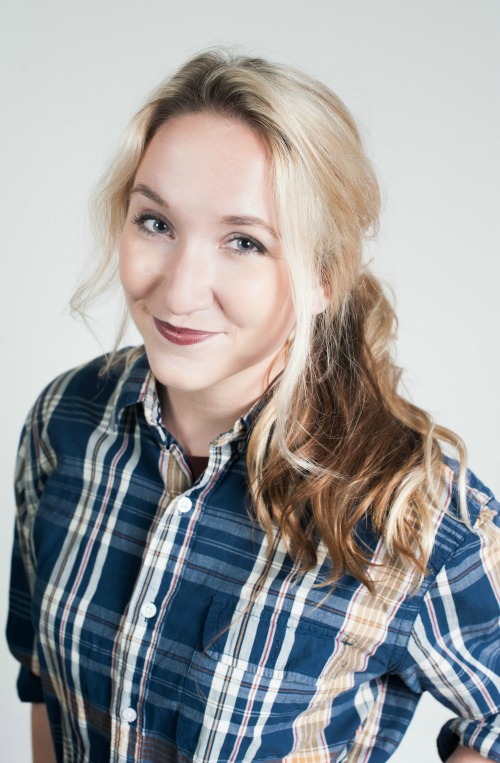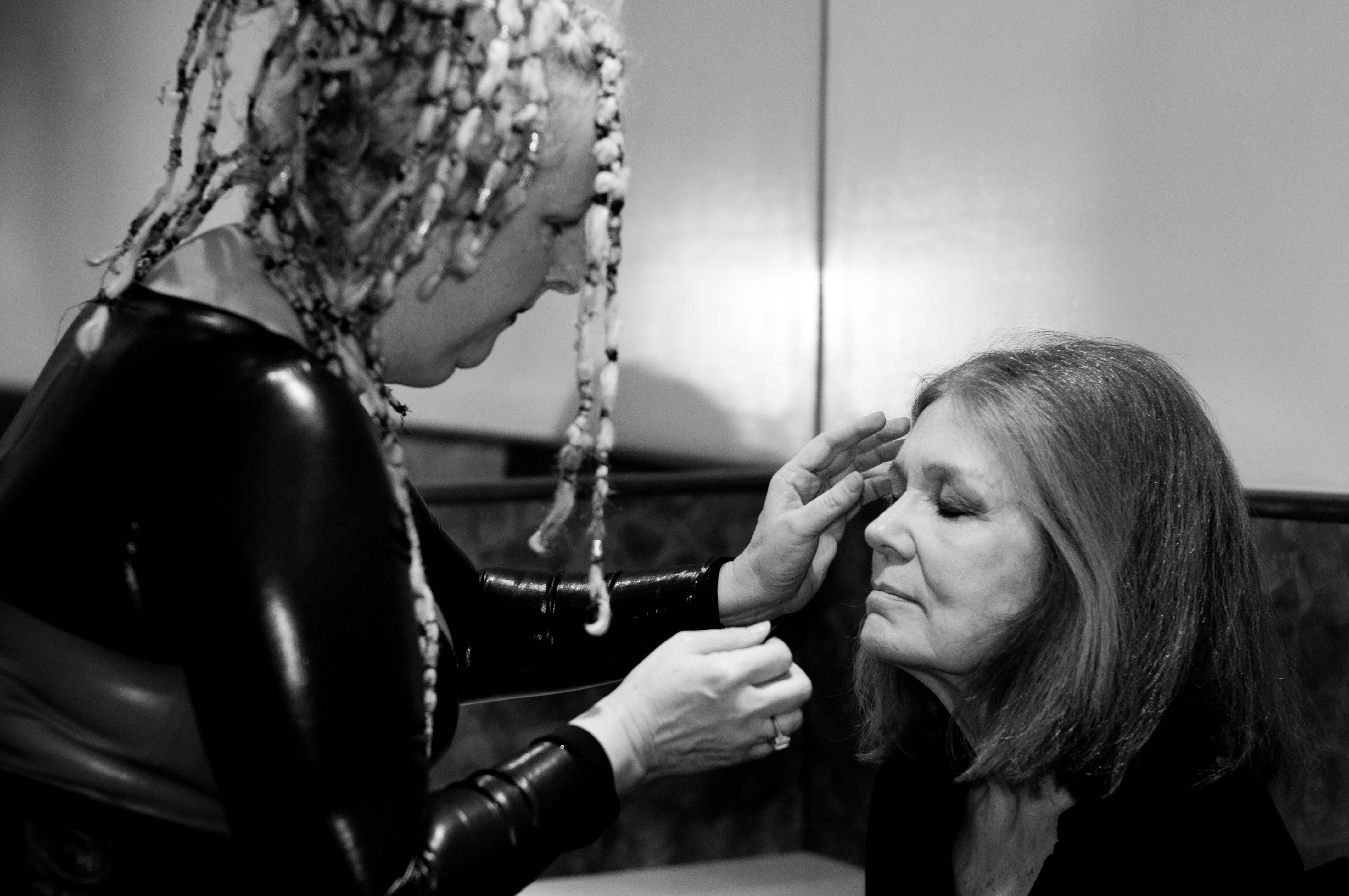Gloria Steinem Explains How to Become 'Free' From Your Gender

By:
Iconic feminist Gloria Steinem, 81, went on NPR’s "Fresh Air" to talk about how she is finally at a place in her life where she feels free from the constraints of her gender.
“Remember when you were 9 or 10 and you were this independent little girl climbing trees and saying, 'I know what I want, I know what I think'?" she said on the show. “That was before gender descended for most of us.”
Steinem said that once she turned 60, she felt free again.
RELATED: Do You Consider Yourself a Feminist?
“You're the same person you were at 9 or 10, only now you have your own apartment, you can reach the light switch, you hopefully have a little money. So you can do what you want," Steinem explained to "Fresh Air" host Terry Gross.
After becoming pregnant at age 22, Steinem felt trapped by what society expected a woman in her situation to do: follow through with the pregnancy and get married. But she quickly realized that the life prescribed to her wasn’t the one she wanted. Abortion was still illegal in the U.S., so Steinem tried to do the “foolish things” that women used to do to terminate pregnancy, like riding horseback and throwing themselves down flights of stairs.
RELATED: Lego's New Campaign Is An Awesome Step For Women
“I was desperate. I really was desperate,” Steinem said. “I just knew that if I went home and married, which I would've had to do, it would be to the wrong person; it would be to a life that wasn't mine, that wasn't mine at all.”
 Marnie Joyce, Flickr, Creative Commons - flickr.com
Marnie Joyce, Flickr, Creative Commons - flickr.com
The year was 1957, and Steinem realized that she didn’t have to submit to a life outlined by societal expectations for women at the time.
She wanted a choice in the matter. She went abroad to get an abortion in London, and then proceeded to become one of America’s greatest women’s liberation activists of the 20th century, traveling, speaking, and advocating for women around the globe.
RELATED: What "Intersectionality" Really Means
Today, she says, violence and a lack of access to reproductive rights are a major issue for women around the world. But most important, she said, are the issues that people who identify as women feel affect their lives.
“The most important issues are those to the women who are listening," Steinem explained. "I mean, it's not about dictating to each other what's important, but supporting each other in solving the ones that are in our daily lives.”
You can also listen below to Steinem's full interview with NPR below.
